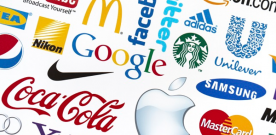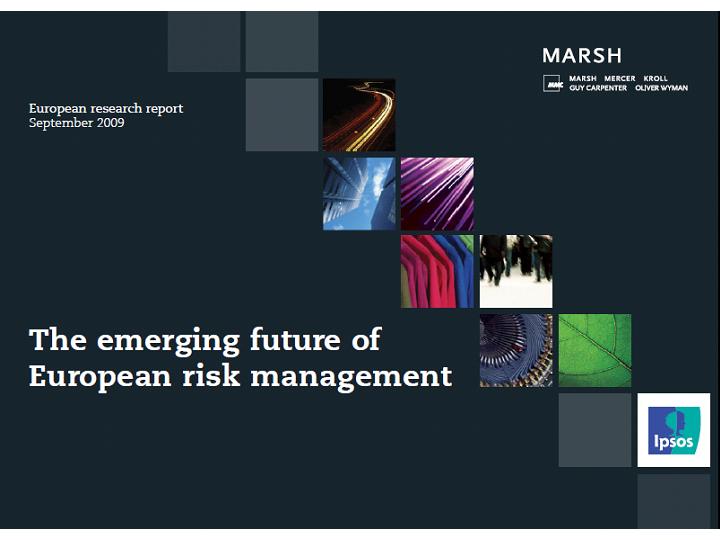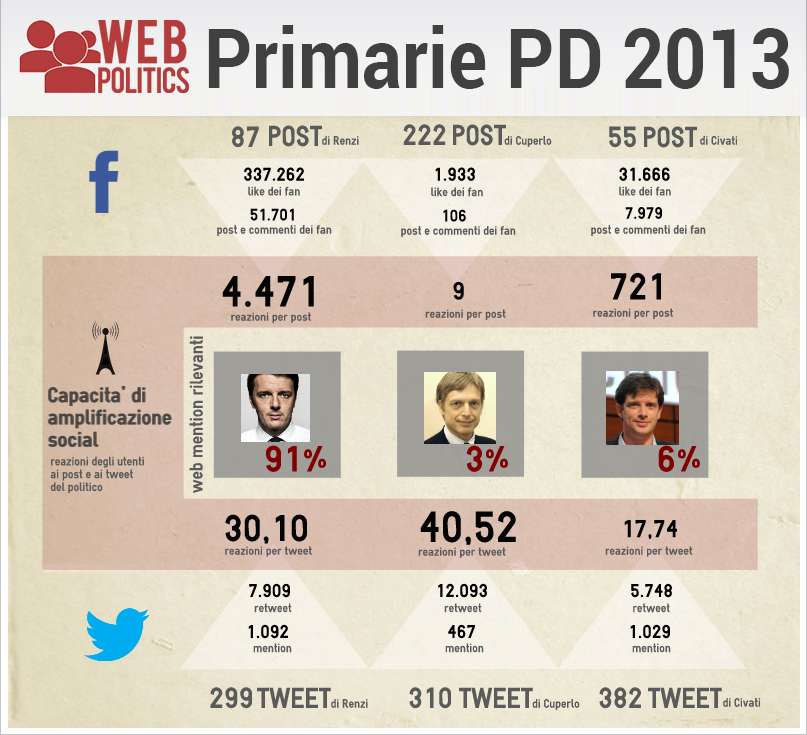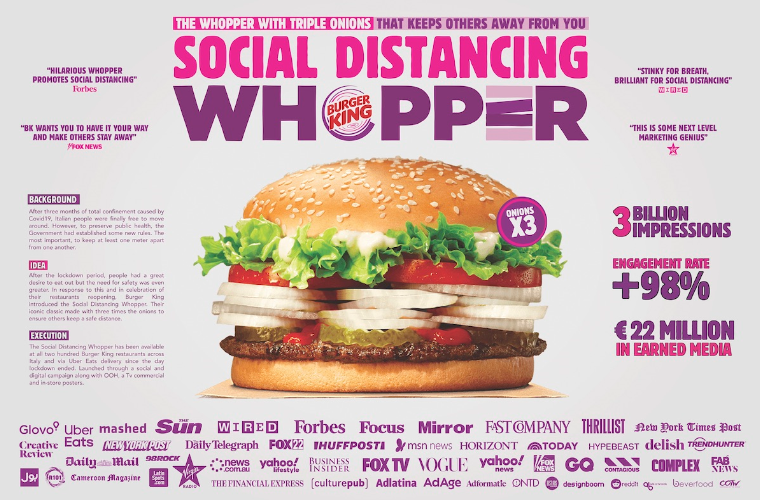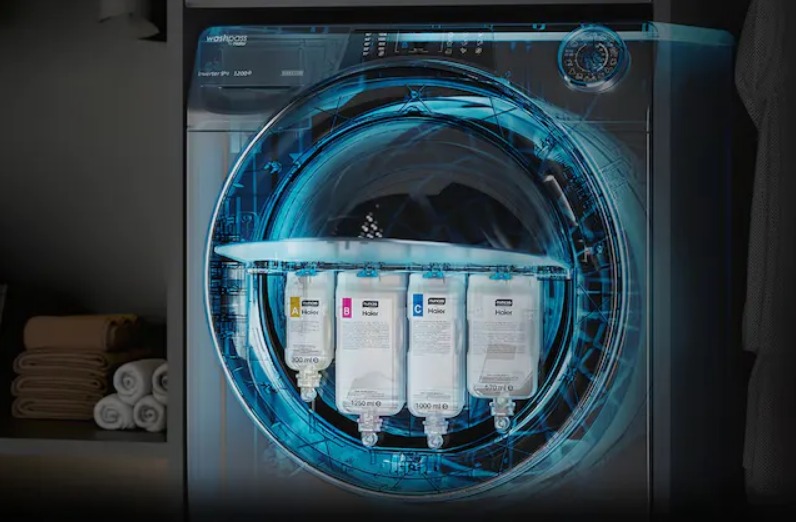Milan 8 January 2019 – Politization, food compromise, young old people, climate change and Raffaello: these are some of the keywords that will connote 2020 and about which brands will have to calibrate their action in terms of market and communication. This is what emerges after the meeting between Rosie Blau, editor in chief of The Economist – 1843 Magazine, and International Advertising Association (IAA), the most relevant international community of marketing and communication leaders established in 1938 and present in 56 countries including Italy, where today it is led by Alberto Dal Sasso.
Politicization
2020 will also be the year in which we will, despite themselves, witness an increasing “politicization” of brands. “Just think – exemplified Rosie Blau of The Economist- for example what happened recently in Hong Kong where protesters attacked the Starbuck stores, not as averse to the brand, but because the daughter of one of the most important licensees premises has declared itself pro-government ”. In this context, brands will increasingly have to consider geo-political phenomena, if not really taking a position in front of geo-socio-political choices.
Food compromise. And vegan is no longer hype
If to date we have witnessed the phenomenon / fashion of vegan and the relative taboo of eating meat, between the two extremes 2020 will instead be the year of the “compromise”, or of “eating less meat but of better quality” (including in this the kilometer zero theme) even if adopting effective food substitutes for meat.
A.I.
2020 should be the year in which brands take predominant control of their data, in a context in which thanks to the increasingly central role of artificial intelligence (AI) – as evidenced by the innovations on the subject presented in these days at the CES of Las Vegas – is gaining momentum and even greater pervasion in consumer lives. The year ahead awaits us for an increasingly marked symbiosis between data and technology to analyze identifying the desires of consumers, albeit with a raising of the threshold in compliance with the rules of transparency.
Sport and culture: between surfing and Raphael
2020 will still be the year in which brands will concentrate new and further opportunities to associate themselves with new and further positive contexts. In culture – and specifically 2020 will be the year in which Raphael will be celebrated – but also in sport with a focus on the new Olympic disciplines: skateboarding, sport climbing, karate and surfing. “From sport – reflects Alberto Dal Sasso, president of IAA Italy – that in an Olympic but not only key, moves very important communication budgets, also fashions and trends originate, think of streetwear, but also and more generally all that is connected lifestyle to individual disciplines”.
Purpose.
In general, 2020 will be the year in which the concept of purpose will be increasingly central for companies, that is, the ability of brands to build and share with their target audience a fabric of common values on which to meet, which it goes far beyond the goodness of the products and services they market, but it also focuses on how it produces them. With the news that consumers are becoming more educated, attentive and demanding on the subject
Climate change
“It will be another important keyword of 2020 – says Alberto Dal Sasso of IAA Italy collecting the words of Rosie Blau of 1823 The Economist – And the terrible images that arrive in these hours from Australia will accelerate awareness even more than in a context in which governments are fallacious from the point of view of environmental protection policies, up to the protest, the sensitivity of consumers on the issue increases “. And if governments can still afford to pass on each other in front of the public opinion, this will be less tolerated by consumers than companies and brands.
Young old man
The peak of the boom in births in developed countries was between 1955 and 1960, which means that 2020 will be the peak of retirement years for baby boomers. So this year the segment of “young people” will emerge with greater emphasis old ”, as the Japanese call them, more active, healthy and more affluent than the age parts of the previous generation. And this is a significantly “disruptive” target for all sectors and not only for luxury goods.





